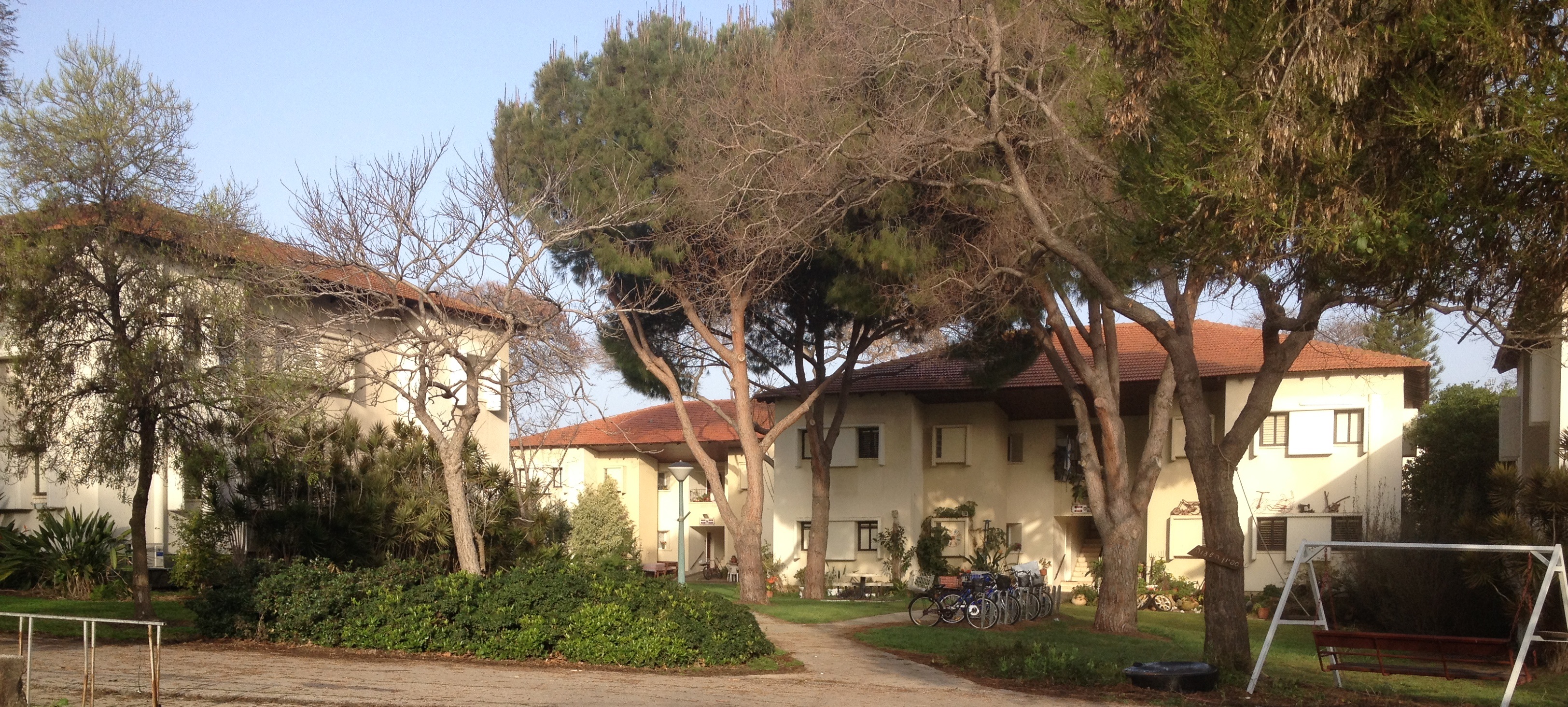
Hope and the Story of A People
Theodore (Ze’ev Binyamin) Hertzel was born in Budapest, in 1860. It is told that as a child, he attended services with his parents “quite regularly” at the local liberal synagogue primarily as part of the great respect he showed for his parents whom he also asked for a blessing before he undertook major projects. He did not grow up in a totally assimilated home, however, in his early years, Judaism and the Jewish people were peripheral issues in his life. Many years later, historians would compare him to Moses of the Book of Exodus since both grew up in a totally different environment from their followers, those whom they lead.
By the early 1890’s – he was then a little over thirty – he achieved a reputation throughout Europe as a brilliant journalist. His strength lay in writing the “blogs” of those days, knows as feuilletons, brief, witty essays that captured a mood or scene. He died young, only about ten years later, when he was 44 years old, and long before he could see what became of his life’s dream – which in the 1890’s he didn’t even know yet, just as he didn’t know people would call him the “Visionary of the (future) Jewish State”. What made Theodor Benyamin Ze’ev Hertzel change his mind?
During the 1890’s he wrote about numerous current issues. As far as Jewish matters, the only issue that seemed to concern him, and that too mostly peripherally, was antisemitism. At one point, he advocated having Europe’s most prominent Jews publicly convert to Catholicism in the belief that this would inaugurate a mass conversion of the rest of Jewry, and thus peace of earth would come. An end to the Jewish people, he reasoned, not unlike many of the Jews’ enemies, would also end antisemitism. It took a major event to make Hertzel realize that this “euthanasia” of Judaism and its people was neither practical nor moral.
In 1894 Alfred Dreyfus, a young Jewish artillery captain in the French Army, was accused of spying for Germany. Disinterested investigators quickly discovered that the charges against Dreyfus were false. There was indeed a high level French spy working for the Germans, but the evidence clearly pointed at a Colonel named Esterhazy as the guilty party. Nonetheless, the French Army, in cooperation with the right-wing government’s leaders, conspired to quash all evidence pointing to Dreyfus’s innocence.
Antisemites began to claim that this provided additional proof of “Jewish treachery”. Both the Right and Left had their “reasons” to blame the Jews, if for the latter’s wealth and class or their own deep tradition for Jew-hatred. The propaganda, abandoning its social nature, was transformed into patriotic incitement and attacks on the ideals of the French Revolution. The Minister of War hesitated at first, but later decided to bring Dreyfus to trial before a court martial. By means of forgery and political pressure, Dreyfus was found guilty and sentenced to exile on Devil’s Island for the rest of his life. The socialist leader, Jaurẻs, who later came to Dreyfus’ defense, claimed at the time in the National Assembly that the “light sentence resulted from the influence of the Jewish bourgeoisie”.
As irregularities at the original Dreyfus trial became increasingly evident, the government was finally forced to order a new trial; it arranged, however, to have Dreyfus convicted again. Finally, the case was resolved twelve years later, in 1906, as Dreyfus was exonerated and returned as a free man from his prison cell on Devil’s Island. Before being exiled to life imprisonment on Devil’s Island, Alfred Dreyfus was publicly humiliated at a ceremony in Paris. His sword was broken, and his military medals ripped off his uniform. The frenzied French mob present there, cried not only for Dreyfus’s death but for the death of all Jews.
A young journalist at the time, Theodor Benyamin Ze’ev Hertzel, was in the crowd, and the whole ordeal, the trial and the ceremony had a profound effect on his life. A new understanding dawned on him. No longer interested in the idea of capitulating for a mass conversion, he concluded that as long as Jews lived in non-Jewish societies they would be collectively blamed and hated for the wrongful action of any one of them. If “Death to the Jews!” was the reaction in liberal France, which was the first European country to grant the Jews equal rights, then the Jews were not safe anywhere. Hertzel reasoned that the only place which might offer safety to the Jews is a land of their own.









